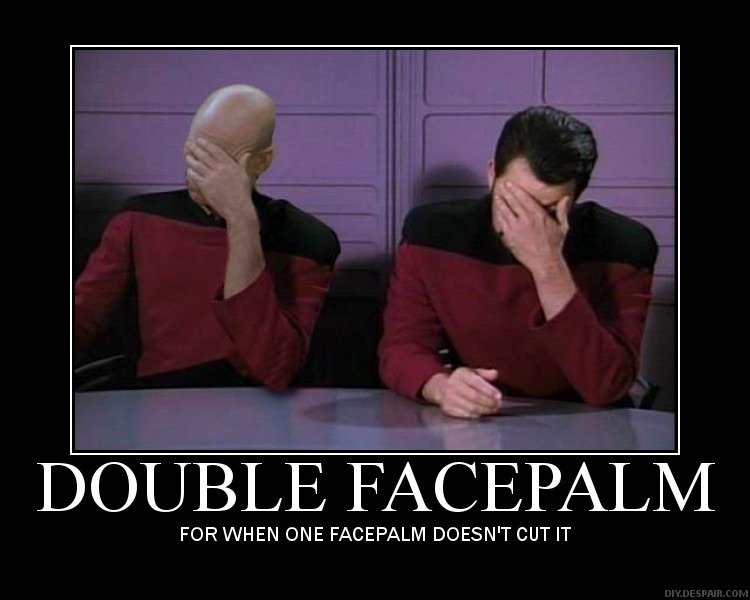Radical, according to Google, means “advocating or based on thorough or complete political or social reform; representing or supporting an extreme section of a political party.” Revolutionary, according to Google again, means “involving or causing a complete or dramatic change.” I theorize that a majority of people who use these words haven’t looked up either in a dictionary.
Iceland made headlines recently by entertaining the idea of a, according to many, radical policy of giving a central bank the authority to print money. Many have even declared the proposal revolutionary:
Who knew that the revolution would start with those radical Icelanders? It does, though. One Frosti Sigurjonsson, a lawmaker from the ruling Progress Party, issued a report today that suggests taking the power to create money away from commercial banks, and hand it to the central bank and, ultimately, Parliament.
What in the gods’ names is revolutionary about giving the power to print money to a government controlled central bank? That’s a page out of the playbook of basically every other major nation on Earth. This is why I’m left to believe people who use the terms radical and revolutionary are entirely ignorant of their meanings.
A radical or revolutionary move would be to take the power of making money away from any central authority and allow markets to handle it. Markets are another concept that people are almost entirely ignorant of today. People often mistakenly believe that granting power to commercial banks to print money is a market solution. But markets are what happens in the absence of any coercive authority. In other words markets are the result of individuals making choices themselves.
If you want an example of a market solution to money you need only look to Emperor Norton:
Norton also issued his own money to pay for his debts, and it became an accepted local currency in San Francisco. These notes came in denominations between fifty cents and ten dollars; the few surviving notes are collector’s items.
Norton didn’t coerce anybody into accepting his currency. He merely created it and offered it in payment of his debts. His creditors accepted it of their own volition. A market solution to money is simple. Each individual is free to propose their own currency. Success is determined by whether or not people are willing to accept a currency in exchange for goods and services. No coercion is necessary.
Statists will come up with any number of excuses as to why money creation must be monopolized by the state. Most of them will then turn around and bitch that the state doesn’t print enough or prints too much. They demand control and they get pissed when that control isn’t used in the manner they prefer.
There are only two real options when it comes to choices. You can either give power to somebody else to make choices for you or you can make them yourself. In this era of statism the radical or revolutionary option is to make choices for yourself.
